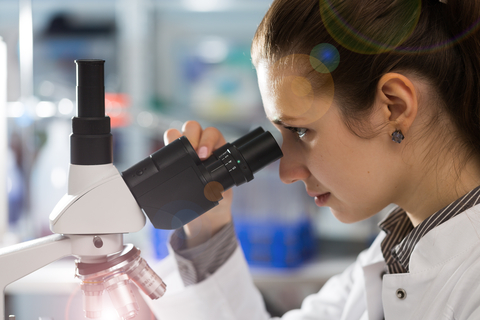Could taking medicines back to the future beat coronavirus?

Educators from science, engineering and patient advocacy are calling for a change to the way medicines are created.
For accurate and up to date information on coronavirus please go to gov.uk/coronavirus. If you’re outside the UK please see the information on coronavirus from your national and local authorities.
The Covid-19 pandemic is showing that the current system of pharmaceutical R&D is deeply flawed. The mRNA vaccines now under development have been around since the early nineties, but have never been approved for use in humans because safety concerns and poor profit potential had resulted in them being shelved.
Hundreds of companies are now racing against each other to be the first to produce a vaccine which may or may not be of use and could potentially do more harm than good . While they’re operating from a state of panic, there’ll be huge financial gain for the winner. Hence “the race”.
Recently António Guterres, Secretary General of the United Nations, called for global collaboration within the pharmaceutical industry, saying “We need an ambitious effort to ensure that international stakeholders operate through a harmonized, integrated and leveraged approach to maximize the speed and scale needed for the universal deployment of such a vaccine by the end of 2020.”
It is this collaboration and change in ways of operating that the project aims to facilitate.
Hedley Rees, CEO of life science supply chain management consultancy PharmaFlow, and a Wiley author on the topic, said “I completely agree with the UN Chief Guterres.
“Healthcare professionals (HCPs) only get to try a new drug when it turns up at their door as a fait accompli – only a handful of medics are involved in the development process.
“Major pharma companies have outsourced nearly all their product development. manufacturing and distribution capability over the last 40 years, while moving offshore (mainly China) to save on the cost of their raw materials and intermediate products. Things are completely disconnected.
“We want to start out by teaching and showing that the current business models have not helped the majority in the past; why are we in a race and not helping each other?
“We will create educational packages for students wanting to apply their STEM skills and pursue a career in medicines starting at GCSE level. Then we have packages through A-Level, undergraduate, graduate, up to existing medics, scientists, pharmacists and engineers – we aim to instil a culture of collaboration and integration into this crucially important industry.”
Hedley wants to explain the unnecessarily complex supply chains, the focus on patents not patients, and the harm and damage this is causing. Then he wants to show a completely different way of working that has a proven track record.
In 1928 Alexander Fleming accidentally discovered “penicillium”, working with people from a wide variety of disciplines. The patent wasn’t awarded for twenty years, and it went to an employee of the US Department of Agriculture.
Insulin was developed by three brilliant researchers who sold the patent for a dollar each.
The polio vaccine was never patented. Jonas Salk, who developed it, said “There is no patent – could you patent the sun?”
Hedley wants to bring back the old ways of medicinal discovery, where patients were put first, alongside input from medics with all the benefits of modern science and technologies, replacing the “blockbuster for profit” model which is showing fewer and fewer returns.
He feels the coronavirus pandemic has highlighted that a disjointed and ultimately chaotic supply chain which looks only to profits isn’t helping anyone. For him there’s no time like the present to start changing minds, to educate the generations who’ll grow up in a post Covid-19 world that will have become more collaborative in many areas.
Hedley has launched the project on Kickstarter, where he aims to raise £35,000. This will provide him and his highly experienced team the funds and the time to create digital educational packages that will take medicines back to the future, to the days of collaboration, but with new technologies, knowledge and ways of thinking.








